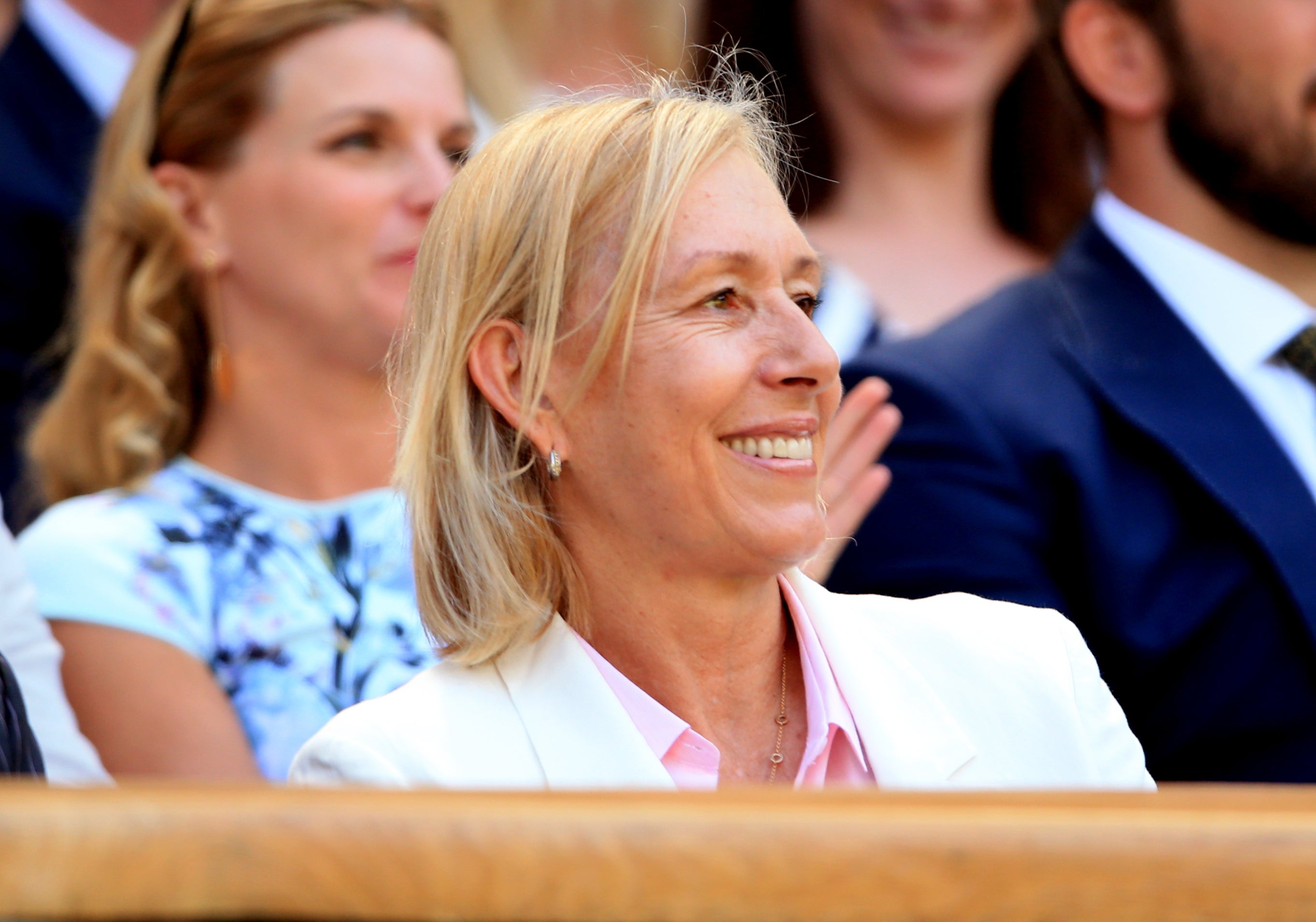
Not everyone, Sloane Stephens accepts, is comfortable being as candid as she is when it comes to matters of women’s health.
“I’m just like, ‘Periods, yeah’,” Stephens tells the PA news agency.
We are talking in New York at Her Health Advantage, a panel event organised by the WTA and its title sponsor Hologic to discuss the issue of women’s health not just in sport but globally.
Since announcing a multi-year partnership with the American healthcare company in March, the WTA and its players have really bought into the concept of tennis as an agent for social change.
The figures revealed by Hologic’s Global Women’s Health Index are stark – more than 60 per cent of the women surveyed said they had not seen a doctor or healthcare provider in the last year while just 12 per cent were tested for any type of cancer.
“As a tour, being the biggest women’s sport, it’s super important for us to have someone who believes in the same thing we believe in,” says former US Open champion Stephens.
“Being able to focus more on women’s health, the recovery process, menstrual cycles, all of those things that aren’t really studied in women’s athletes, I think is important and obviously being able to be part of that as a tour – we all have some input and we all have data – I think it’s been a really good partnership.”
The subject of the impact of the menstrual cycle on female athletes has entered public discourse over the past year or two, with players from tennis and other sports opening up about the effect of periods and hormonal changes on performance.
Tampons were invented by a man. That's so crazy to me.— Sloane Stephens
The science still has some way to go but that something so fundamental to women’s everyday lives has been overlooked for so long is a demonstration of the attitude to women’s health as a whole.
“A lot of things for women were invented by men,” says Stephens. “Tampons were invented by a man. That’s so crazy to me.”
With tennis players on the road for around 40 weeks a year, the WTA is bringing healthcare to them, from psychologists to cancer screening.
And players are learning that an all-round approach to a healthy body and mind is key to getting the best out of themselves as athletes.
Madison Keys, runner-up to Stephens at the US Open in 2017, tells PA: “As I’ve got older, learning how many things can influence injuries or not being at your best on the court has made me really shift to try to take every part of my health much more into my own hands.
“Even how I need to train based on what part of my cycle I’m in and things like that, those are all things I’m now learning that I wish I could have known when I was younger.
“But it’s so great we now have so many more women-based studies to try to create some kind of understanding of our own bodies and how to be in the best position that we can be on the court all of the time.
“To have that be normalised and not a taboo subject that you feel awkward talking about I think not only helps us as individuals but I think it helps speed up the process of getting more information that we can use to help us.”

Martina Navratilova received a major shock in 2010 when she was diagnosed with breast cancer having, she admits, allowed her screenings to lapse.
“Awareness, awareness, awareness,” says the 18-time grand slam singles champion, who made a full recovery.
“I missed four years between screenings because I just wasn’t paying enough attention.”
Navratilova is another big advocate for the Hologic partnership, especially the company’s work in making healthcare accessible to hard-to-reach communities.
“What I love most of all about it is it concentrates on women only,” she says. “Women are always under-served and overlooked and this company certainly doesn’t do that and I think the relationship with the WTA is just a perfect match.”







